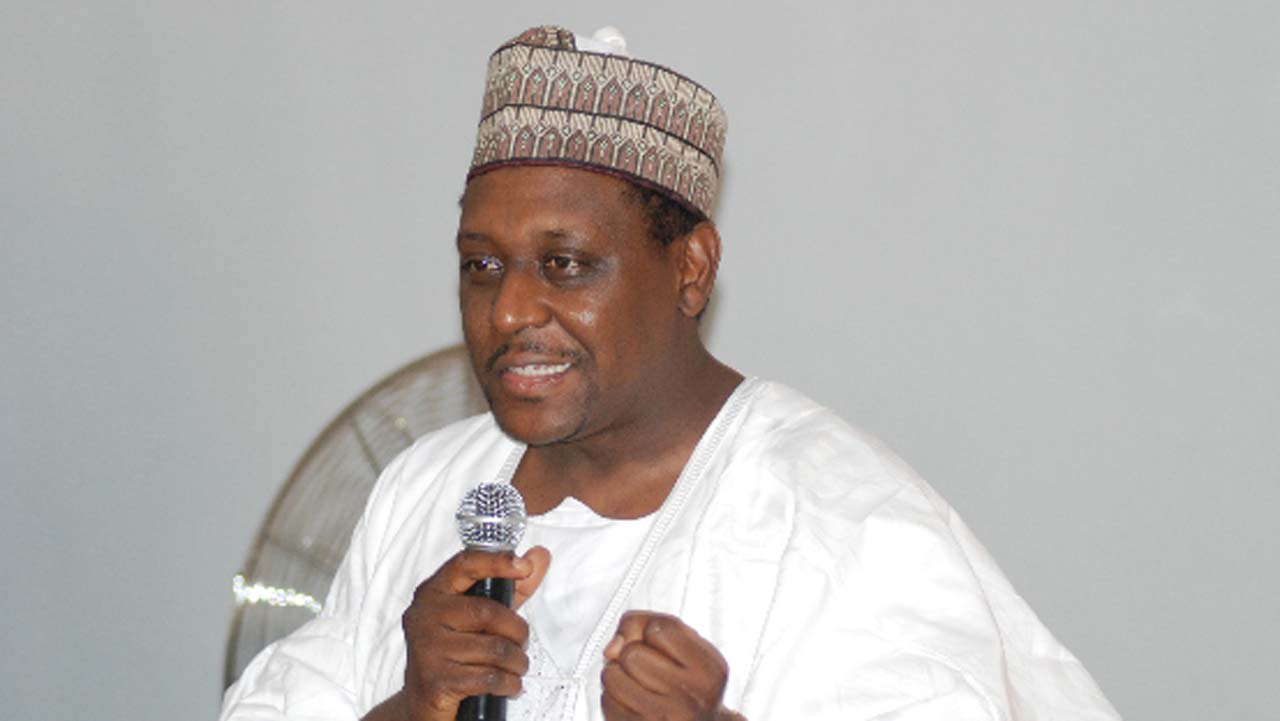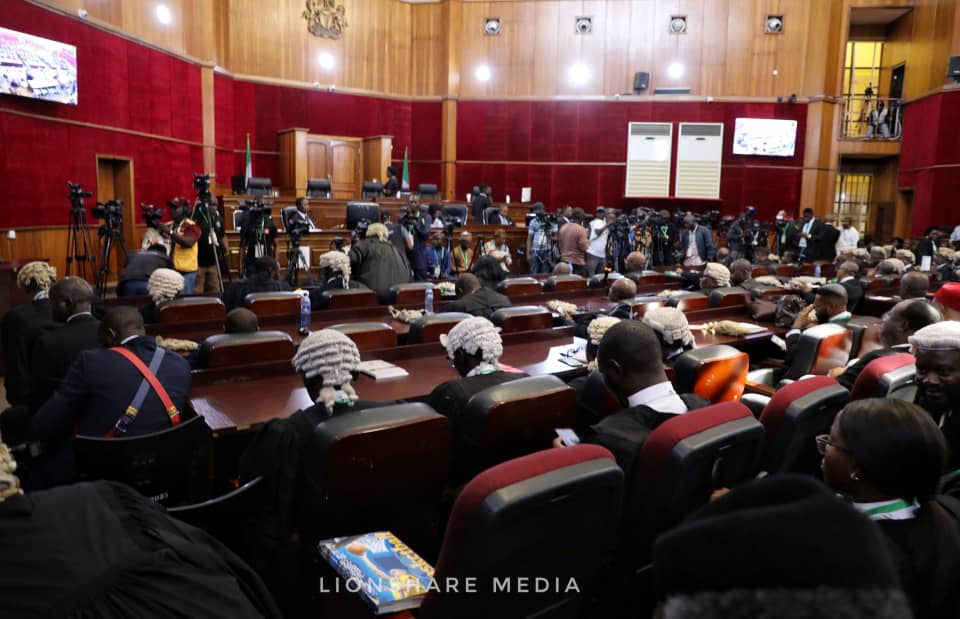Ali Pate, minister of health, says the number of workers in Nigeria’s healthcare sector is inadequate for a burgeoning population.
Pate spoke on Saturday while addressing journalists after a three-day briefing with departments and agencies under the ministry.
The meeting was organised to chart a blueprint for Nigeria’s healthcare system.
The minister said the Nigerian healthcare workforce comprises 400,000 community workers, nurses, midwives, pharmacists, physicians, lab scientists, technicians and auxiliaries.
Advertisement
He however said these workers cannot take care of an estimated population of 220 million.
“Our doctor to population ratio is lower than what the World Health Organisation (WHO) expects,” NAN quoted him as saying.
“So there’s still room to produce more. In fact, to produce excess because globally, there’s a shortage of health manpower, there is almost a shortage of 18 million people.
Advertisement
“In developed countries where they are ageing, they are retiring so they need more people to provide services.
“So if we think about it, we can produce for our own needs.”
Pate said if infrastructure is improved upon, and people are treated with respect, some of the health workers who have left the country would return.
“We really value the Nigerian health workforce and will continue to support and develop that going forward,” he said.
Advertisement
Speaking on ending medical tourism, Pate said the trend is present in almost all countries, whether developed or developing.
“However, what seems to be an issue is using public financing to fund it and missing the opportunity to keep some of the resources used in engaging in medical tourism back in the country,” he said.
“When I mentioned unlocking the healthcare value-chain, it includes mobilising private capital to invest in the physical infrastructure and the human resources so that some of the services that people go to India for, we will have them here.
“We have begun discussing mechanisms or models where we’ll go on that path as part of expanding the value-chain so that it’s not necessarily publicly financed.”
Advertisement






